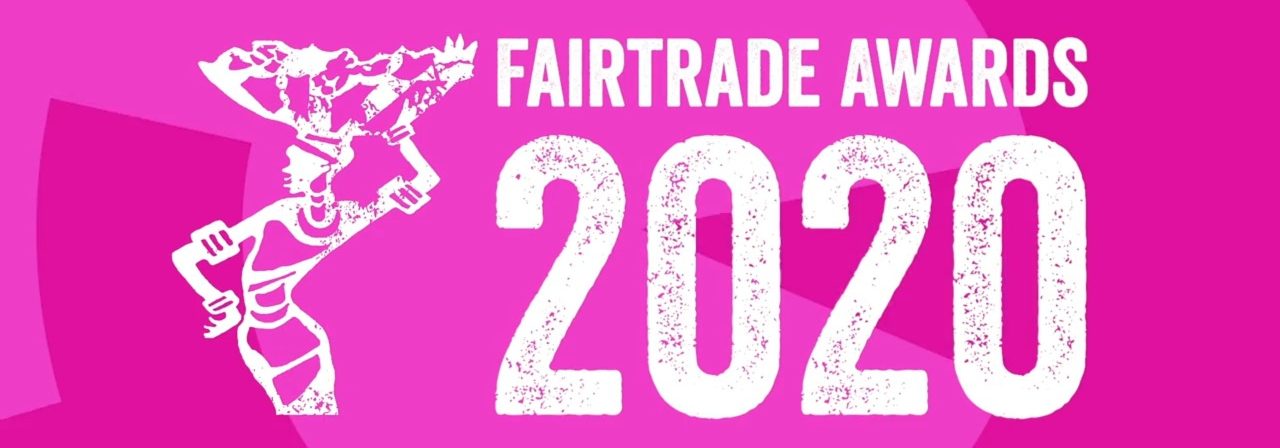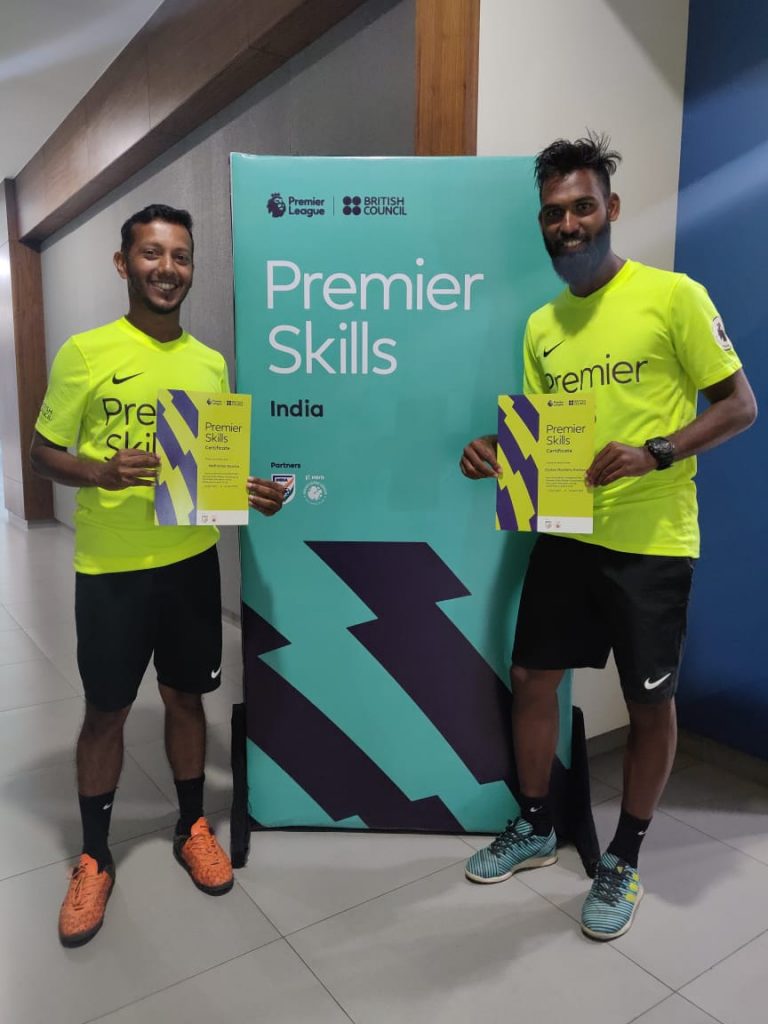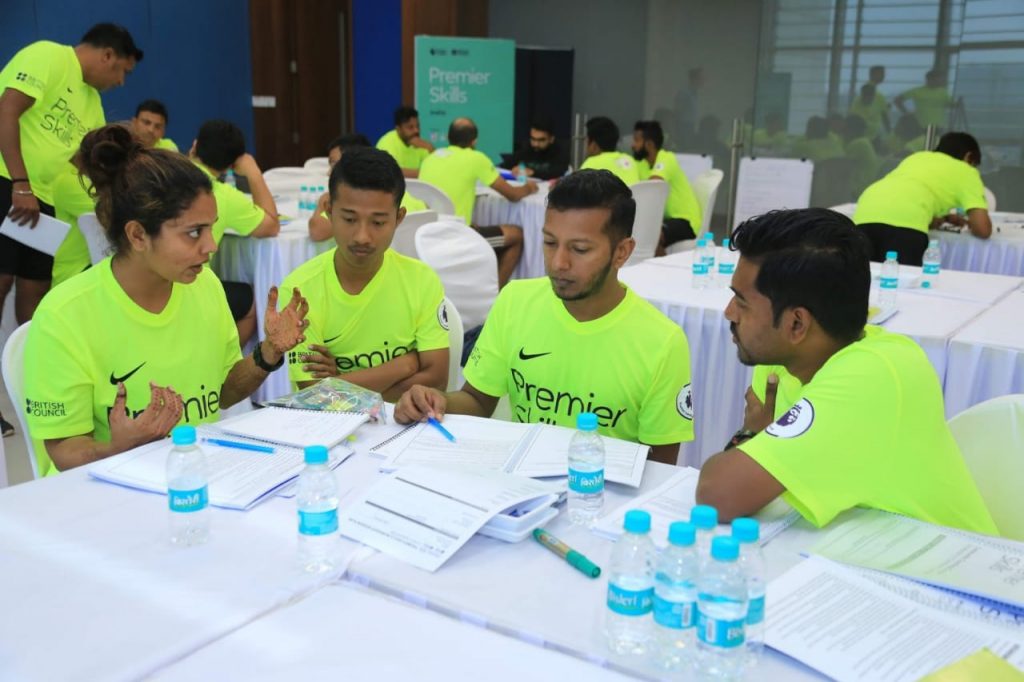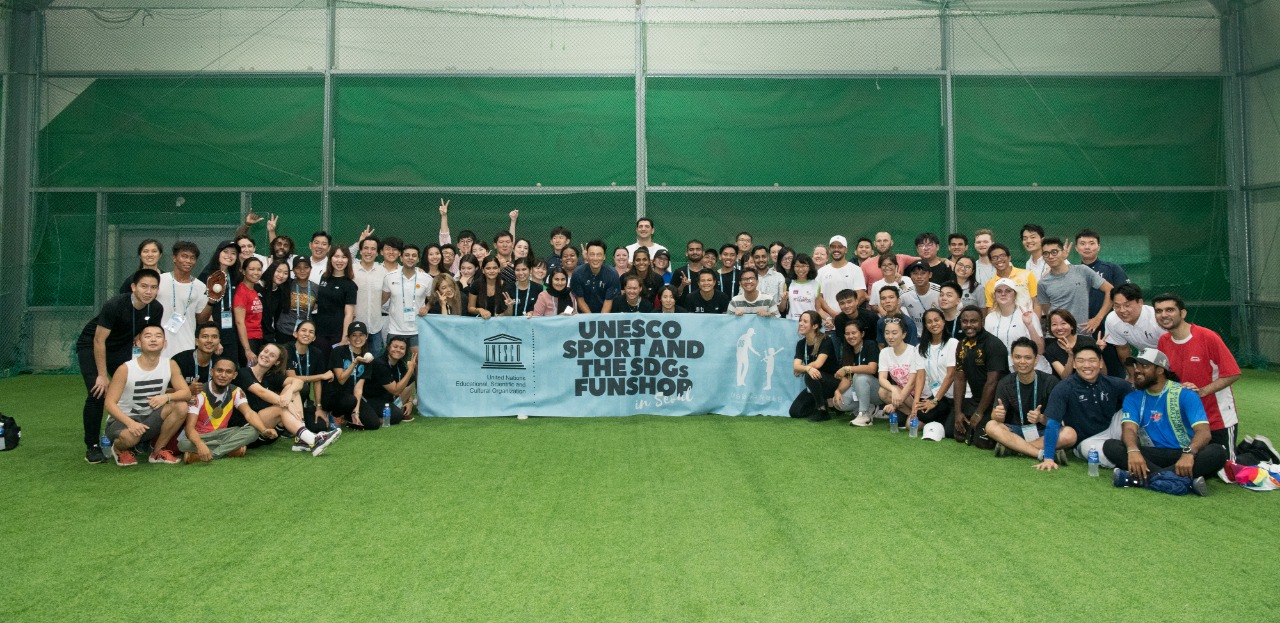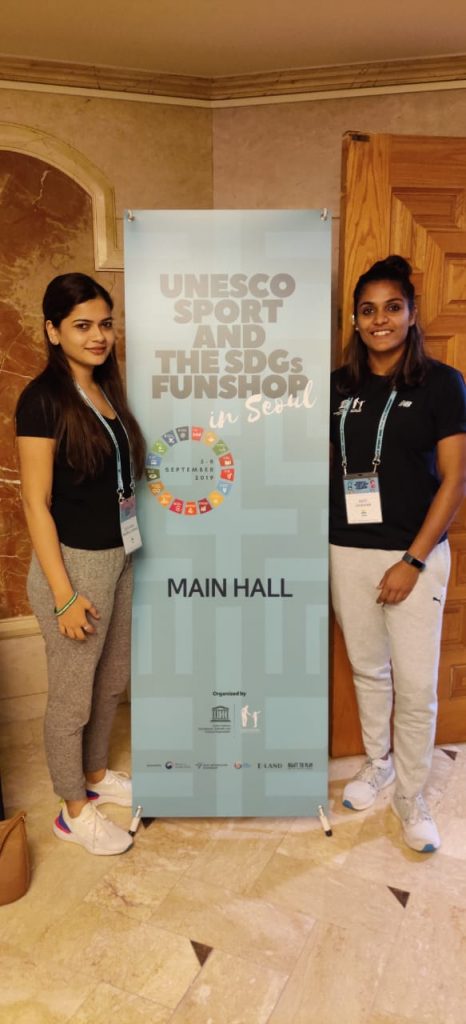In May 2018, the Forca Goa Foundation was introduced to Fairtrade India as an organisation that used football as a tool to raise awareness on socially relevant topics, sustainability being one of them. This led to our association with IndPro, the first organisation that produced Fairtrade footballs in India. Sourcing Fairtrade footballs for the Foundation programs was a unanimous decision across the organization. By doing so, we ensured that we eliminated the use of child labour in the production of our footballs. Moreover, the Fairtrade mark meant that all materials were ethically sourced.
In addition to this, we conduct workshops with our coaches and children on the importance of being ethical consumers and knowing where your products come from. For us, this was the start of a movement to spread the message of sustainability and drive awareness in communities. Fairtrade is a global movement that aims to give consumers the power to make informed choices that change lives. Choosing a Fairtrade certified product means the farmers and workers who grow and make the products are treated fairly. As sustainability is one of the pillars of the Foundation, we committed to sourcing only Fairtrade footballs for all our programmes.
With this, we became the first sports organisation in the country to make a commitment to Fairtrade.
The Impact
Ordering over 1000 Fairtrade footballs annually directly helps empower a community of workers who hand stitch footballs in a Fairtrade certified factory in Ludhiana. The football factories follow rigorous social and environmental sustainability standards. This means that the workers who stitch them have access to good working conditions and fair wages. They also have the right to form associations and unions.
In addition, we use the story of how footballs are made and the importance of fair choices to raise awareness on sustainability in our communities as well as on a global stage. In 2019, the foundation represented India at the Global Goals World Cup, New York. The tournament leverages the power of football to drive awareness around the UN Sustainable Development Goals (SDGs). The competition empowers young girls and women around the world to take action by playing to help achieve the SDGs. We showcased our work with Fairtrade and also wore jerseys made by No Nasties, a Goa-based company and India’s first Fairtrade fashion brand.
Two years after starting out on this journey, our efforts are being recognised at a global level. We feel honoured to have received this recognition from the Fairtrade global community and congratulate the other two finalists, Oxfam Fair Trade from Belgium and Bergendal Beordary in South Africa’s Fynbos Floral Kingdom, on being nominated as well!
